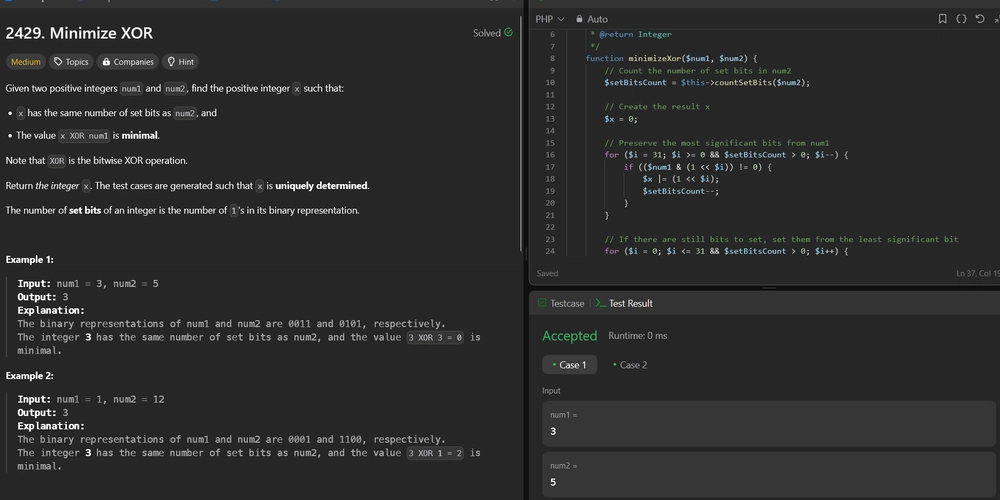5 Reasons Why Homework Should Be Banned?
Homework has long been a staple of education, but it’s increasingly becoming a source of contention. While some argue it reinforces learning, others see it as a relic of outdated teaching practices. The question is: does homework genuinely benefit students? Or does it merely add unnecessary stress to their lives? This blog explores Why Homework Should Be Banned & why banning homework could lead to a healthier and more effective educational system. The Modern Reality of Homework Picture this: a student spends eight hours at school, only to come home and face another two to three hours of assignments. This demanding schedule leaves little room for personal growth, relaxation, or family time. Today’s fast-paced and dynamic world demands a fresh look at homework's place in education. Reasons Why Homework Should Be Banned 1. Homework Harms Mental Health Students are under immense pressure to excel academically, and homework often exacerbates this stress. Studies reveal that excessive homework can lead to anxiety, depression, and sleep deprivation. A stress-free mind is far more conducive to effective learning. 2. It Encourages a One-Size-Fits-All Approach Homework assumes all students learn at the same pace and in the same way. However, children have diverse learning styles and capabilities. Assigning identical homework tasks ignores these differences and often results in frustration rather than progress. 3. It’s a Barrier to Creativity and Exploration Homework monopolizes the time students could use for creative pursuits or discovering new interests. From music to coding to entrepreneurship, countless opportunities await outside the realm of textbooks. 4. It Creates Socioeconomic Disparities Not every student has access to supportive environments or resources for completing homework. Wealthier students with private tutors and quiet study spaces often have an advantage, deepening educational inequities. 5. The Myth of Academic Benefits Research indicates that homework offers little to no academic advantage, particularly for younger students. Effective classroom instruction is far more impactful than hours spent completing repetitive tasks at home. Why a Homework Ban Works: Case Studies Finland’s Success Story Finnish schools are renowned for minimal homework policies and shorter school days. The focus is on interactive classroom learning and practical applications, resulting in exceptional academic performance on a global scale. South Korea's Shift in Perspective South Korea, known for its rigorous education system, has started reducing homework to alleviate student stress and encourage more balanced development. The results have been promising, with happier students and improved creativity. Alternatives to Traditional Homework 1. Engaging Classroom Activities Dynamic, hands-on lessons can make classroom time more impactful, reducing the need for follow-up assignments. 2. Collaborative Projects Group activities foster teamwork and problem-solving skills, helping students prepare for real-world challenges. 3. Technology-Assisted Learning Digital platforms offer personalized learning experiences that adapt to each student’s needs, eliminating the rigidity of one-size-fits-all homework. The Role of Parents and Teachers Both parents and educators play a pivotal role in shaping the conversation about homework. Teachers can experiment with innovative teaching strategies, while parents can advocate for policies that prioritize student well-being over rote learning. Together, they can foster a healthier educational environment. Conclusion The traditional model of homework no longer aligns with the needs of 21st-century learners. Banning homework could pave the way for a more balanced, inclusive, and effective education system. By focusing on quality classroom interactions and innovative learning methods, we can inspire students to learn with joy and curiosity. So, isn’t it time to rethink homework? After all, education is about nurturing potential—not just ticking boxes.

Homework has long been a staple of education, but it’s increasingly becoming a source of contention. While some argue it reinforces learning, others see it as a relic of outdated teaching practices. The question is: does homework genuinely benefit students? Or does it merely add unnecessary stress to their lives? This blog explores Why Homework Should Be Banned & why banning homework could lead to a healthier and more effective educational system.
The Modern Reality of Homework
Picture this: a student spends eight hours at school, only to come home and face another two to three hours of assignments. This demanding schedule leaves little room for personal growth, relaxation, or family time. Today’s fast-paced and dynamic world demands a fresh look at homework's place in education.
Reasons Why Homework Should Be Banned
1. Homework Harms Mental Health
Students are under immense pressure to excel academically, and homework often exacerbates this stress. Studies reveal that excessive homework can lead to anxiety, depression, and sleep deprivation. A stress-free mind is far more conducive to effective learning.
2. It Encourages a One-Size-Fits-All Approach
Homework assumes all students learn at the same pace and in the same way. However, children have diverse learning styles and capabilities. Assigning identical homework tasks ignores these differences and often results in frustration rather than progress.
3. It’s a Barrier to Creativity and Exploration
Homework monopolizes the time students could use for creative pursuits or discovering new interests. From music to coding to entrepreneurship, countless opportunities await outside the realm of textbooks.
4. It Creates Socioeconomic Disparities
Not every student has access to supportive environments or resources for completing homework. Wealthier students with private tutors and quiet study spaces often have an advantage, deepening educational inequities.
5. The Myth of Academic Benefits
Research indicates that homework offers little to no academic advantage, particularly for younger students. Effective classroom instruction is far more impactful than hours spent completing repetitive tasks at home.
Why a Homework Ban Works: Case Studies
Finland’s Success Story
Finnish schools are renowned for minimal homework policies and shorter school days. The focus is on interactive classroom learning and practical applications, resulting in exceptional academic performance on a global scale.
South Korea's Shift in Perspective
South Korea, known for its rigorous education system, has started reducing homework to alleviate student stress and encourage more balanced development. The results have been promising, with happier students and improved creativity.
Alternatives to Traditional Homework
1. Engaging Classroom Activities
Dynamic, hands-on lessons can make classroom time more impactful, reducing the need for follow-up assignments.
2. Collaborative Projects
Group activities foster teamwork and problem-solving skills, helping students prepare for real-world challenges.
3. Technology-Assisted Learning
Digital platforms offer personalized learning experiences that adapt to each student’s needs, eliminating the rigidity of one-size-fits-all homework.
The Role of Parents and Teachers
Both parents and educators play a pivotal role in shaping the conversation about homework. Teachers can experiment with innovative teaching strategies, while parents can advocate for policies that prioritize student well-being over rote learning. Together, they can foster a healthier educational environment.
Conclusion
The traditional model of homework no longer aligns with the needs of 21st-century learners. Banning homework could pave the way for a more balanced, inclusive, and effective education system. By focusing on quality classroom interactions and innovative learning methods, we can inspire students to learn with joy and curiosity.
So, isn’t it time to rethink homework? After all, education is about nurturing potential—not just ticking boxes.


















